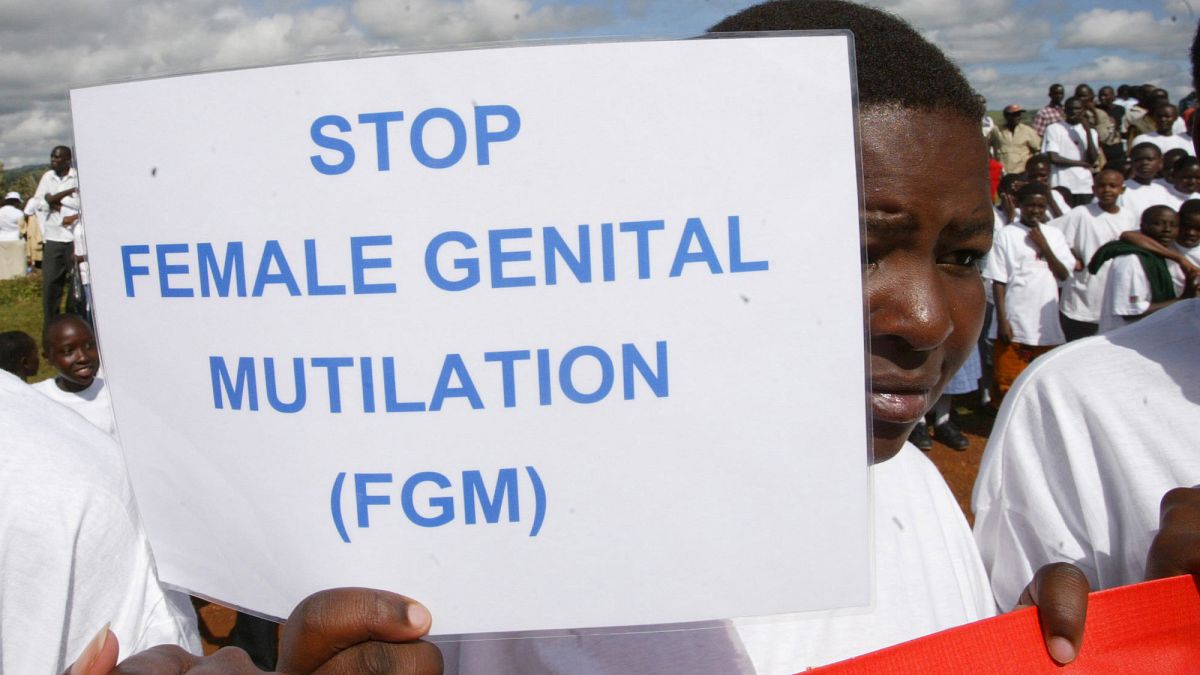MEPs voted overwhelmingly to support a resolution calling for an end to female genital mutilation and to provide care to survivors.
In Europe, girls and women are still victims of female genital mutilation or FGM. A hideous and archaic practice where genitals are cut without anaesthetic in a violent ritual often performed in childhood.
We met Khady Koita, who considers herself as a survivor. Originally from Senegal, and having suffered FGM, she now campaigns to ban the practice.
"I decided to campaign against female genital mutilation because in the 80s, in France, exactly in '82, there were so many deaths. One three month-old girl died from a haemorrhage after the amputation, this was very traumatic for me," says Koita.
The UN estimates that there are 600,000 victims of FGM living in the EU, and 180,000 girls remain at risk.
Koita tours schools to raise awareness.
"After our speech, there were some girls who want to share their personal experience and ask "can you help us", because they heard their parents planning a trip to Africa and saying: 'We are planning a party for you during the holidays'."
Often FGM happens during the holidays to a family's country of origin.
In Belgium, Saint Pierre hospital is a place where women can get help, from psychological support to surgical reconstruction.
Doctor Caillet explains the consequences of the different kind of amputations.
"For women whose clitoris has been cut, it can cause pain. And there are also small tumours which can develop from the nerve of the clitoris which are very very painful ....For women who have been sewn, we talk then about infibulation, another type of genital mutilation where the vulva is cut, they just have a few millimetres hole for the flow of menstrual blood and urine, and obviously it makes sexual relations extremely complicated."
The issue has been taken up by the European Parliament.
On Wednesday, MEPs approved a new resolution to put an end to Female genital mutilation and to provide care for survivors.
"We need political leaders to take this more seriously as the dreadful crime that it is and the life changing effects that it has on the women," Frances Fitzgerald (MEP, Ireland, EPP) explains.
The resolution calls on Member States to encourage third countries to ban FGM. If nothing changes 68 million more girls will be at risk by 2030.
